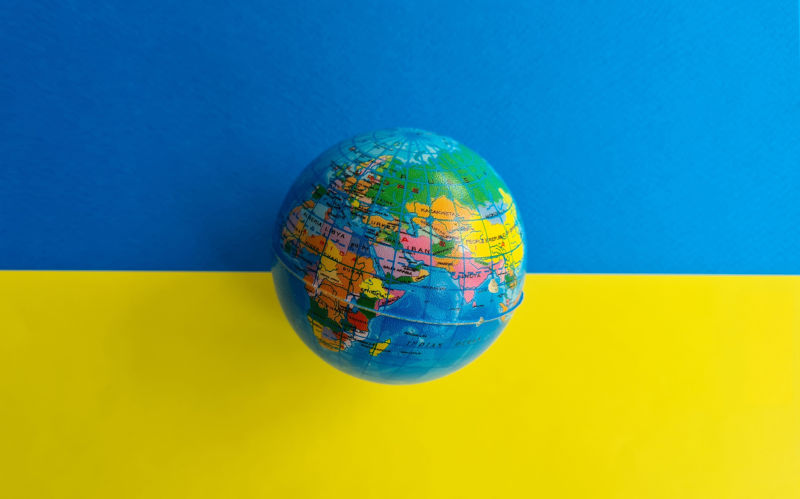As the Ukraine war moves to its inevitable climax, with either foreign physical intervention and/or use of tactical nuclear weapons seen as the only answers, maybe it is time to look for another answer.
The sticking point to date has Ukraine’s adamant refusal to give up territory even if its military position is seems to be weakening.
But there has never been a need to give up territory. There is a recognised international alternative. It is call autonomy.
It was used to solve the problem of French speakers in Canada, Catalan or Basque speakers in Spain, Russian or Persian speakers in Georgia, and so on.
It was also recognised in the 2014/5 Minsk Accords as the basis for solving the problem of Russian speakers in Ukraine. And but for Kiev’s reluctance to do anything about its neoNazi and other rightwing extremists, it would have worked.
By now the world should be aware of this problem (the BBC may be silent today but in 2015 it gave us an excellent programme on the problems of the neoNazi and other extremists in Ukraine).
If we go back to the principle of autonomy for all pre-2014 Russian-speaking majority areas in Ukrainian Donbas (and not just Donetsk and Luhansk) guarded by UN peace keepers it is highly likely Moscow would be satisfied very quickly and would withdraw from any non-Russian speaking areas it occupies.
The territorial integrity and prewar boundaries of Ukraine would be guaranteed. A lot of lives would be saved.
The problem of Crimea could be shelved. But it is most likely the world will accept this entirely Russian speaking area foolishly gifted to Ukraine by Khrushchev in 1954 should remain in Russia.
Gregory Clark was the first postwar Australian diplomat trained in Chinese, with postings to Hong Kong, Moscow and the UN before retiring in protest against the Vietnam War. After PhD studies at the ANU he became Japan correspondent for The Australian. A spell in Canberra’s Prime Ministers department led to professorships at Tokyo’s Sophia University and emeritus president of Tama University, Tokyo, before becoming co-founder of the very successful English language Akita Kokusai Daigaku. He has now retired to Latin America (Peru) and Kiwi fruit growing in Boso peninsular south of Tokyo.
His works include ‘In Fear of China’ (1969) and several books in Japan on education and foreign policy.
He used to speak Chinese and Russian with fluency. He now speaks Japanese and Spanish.

